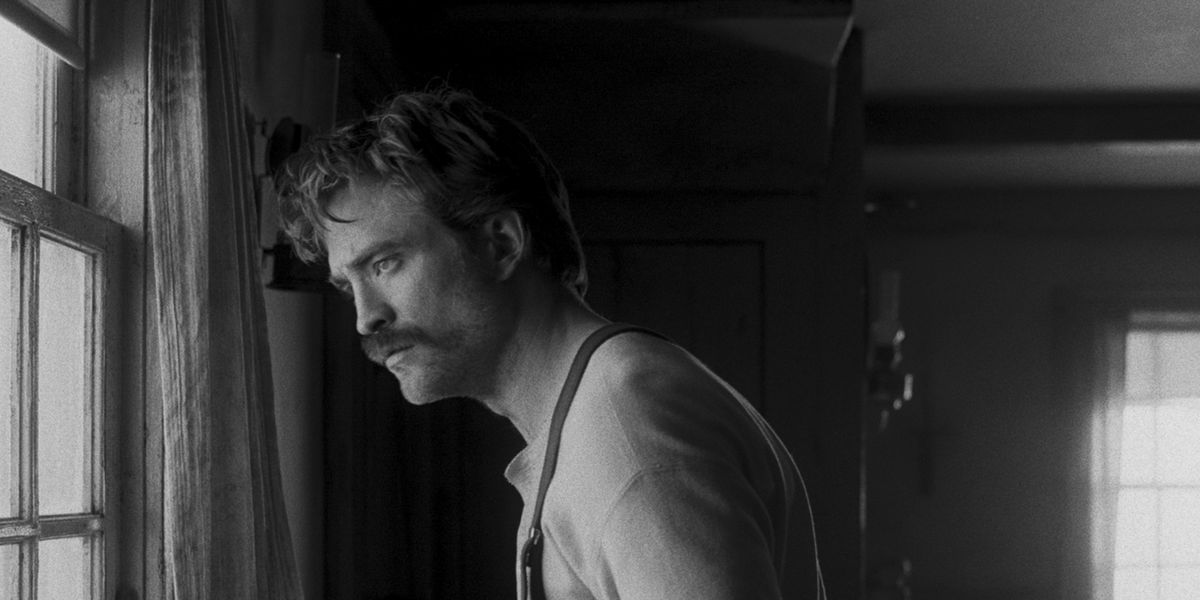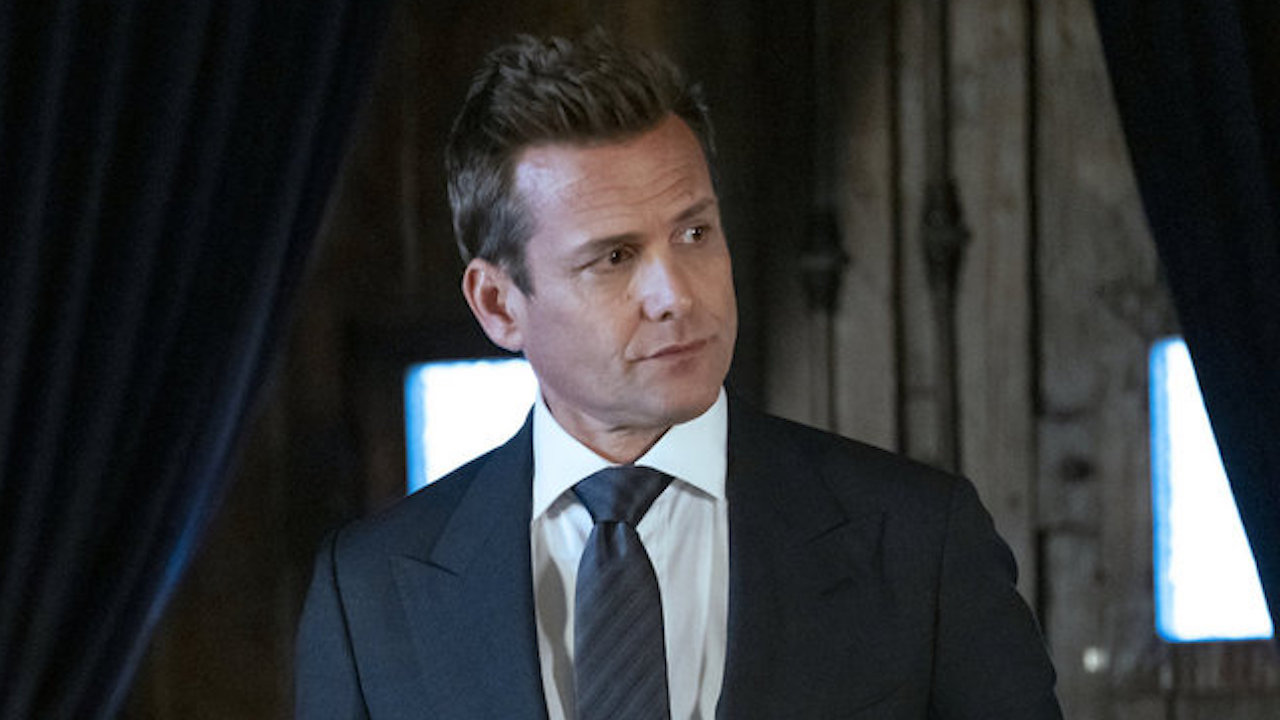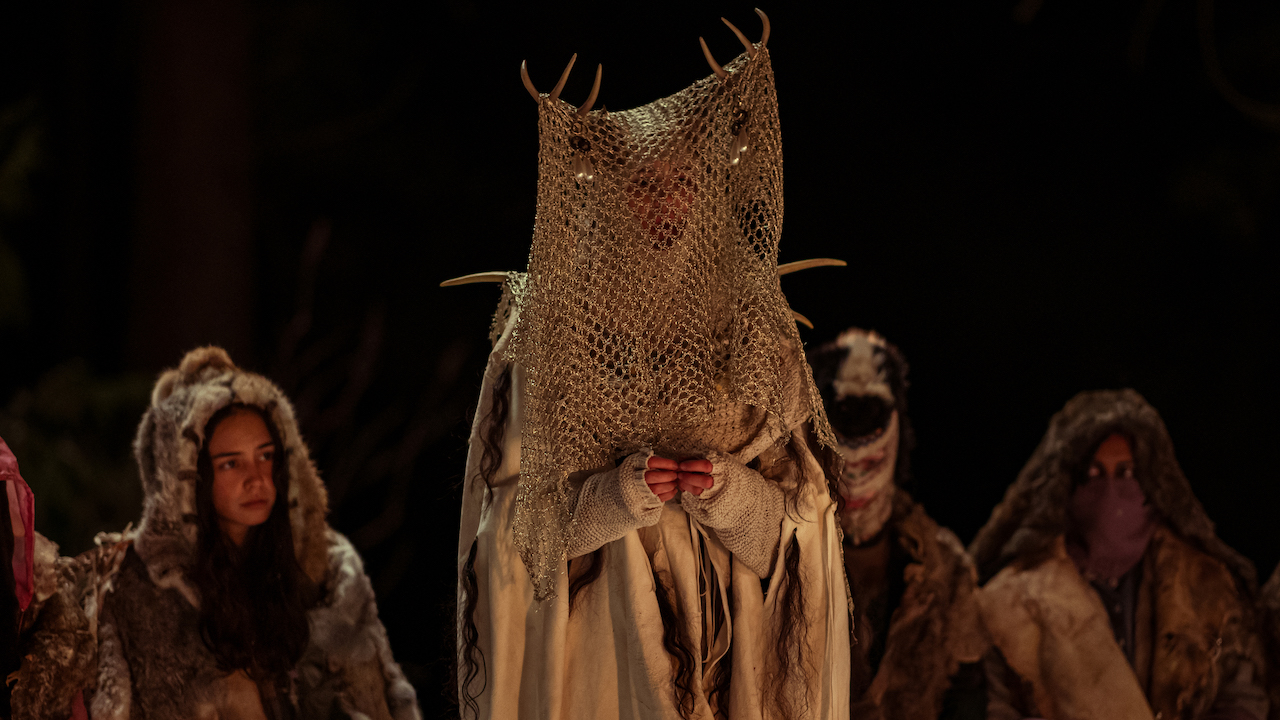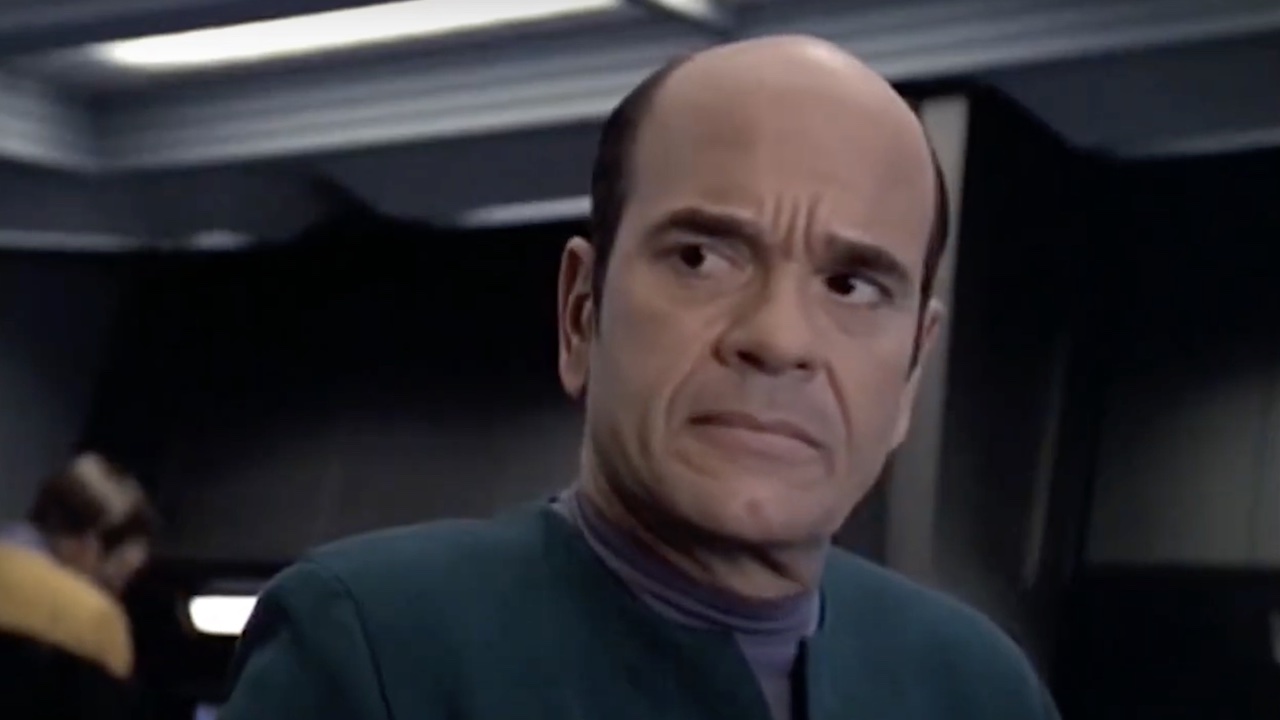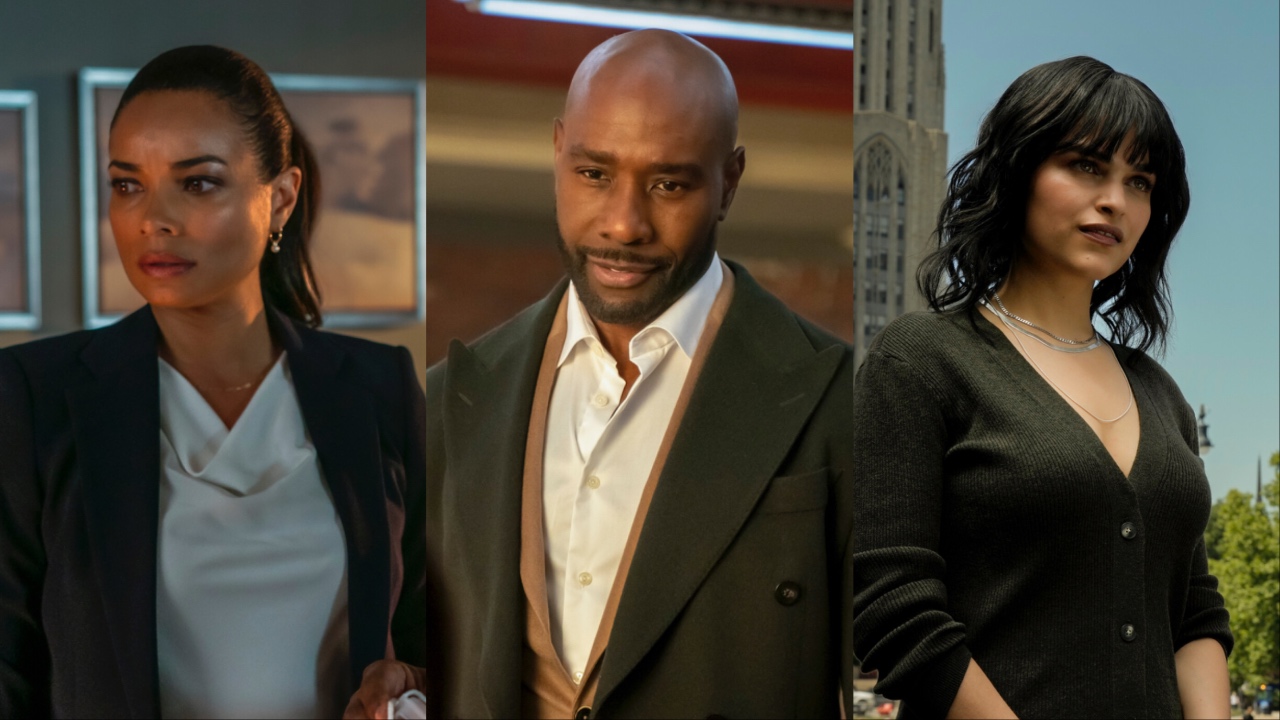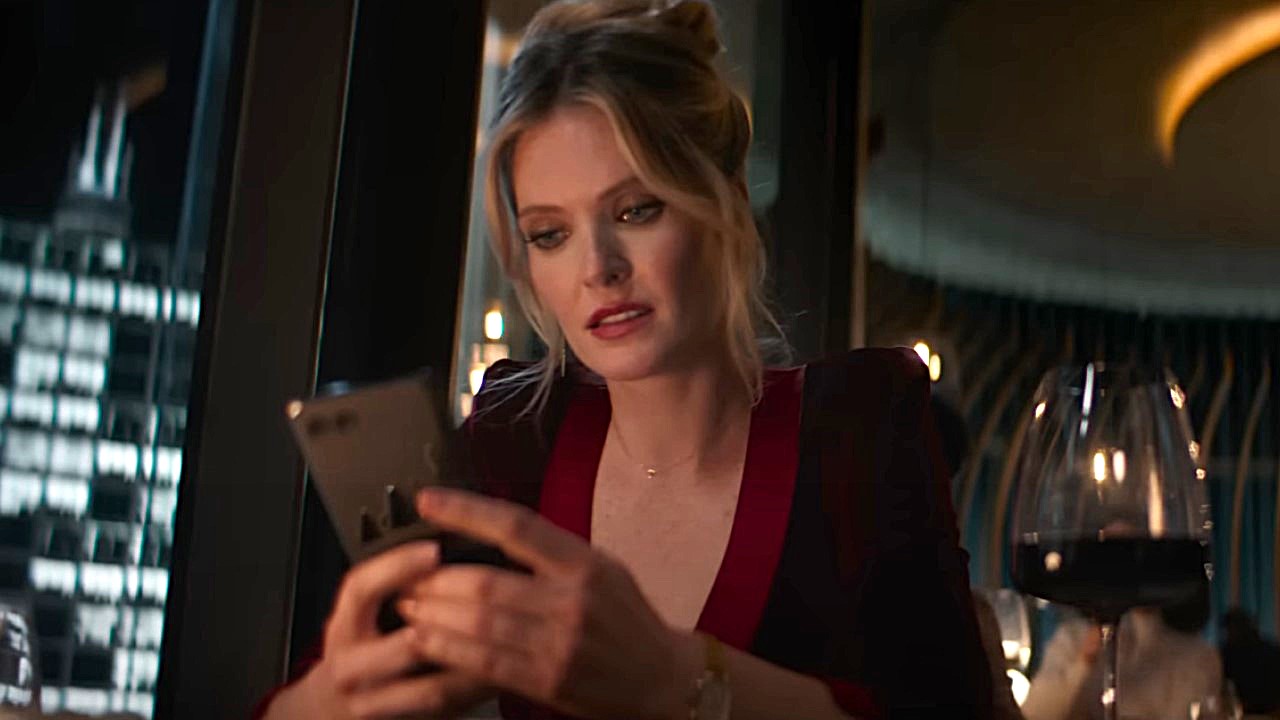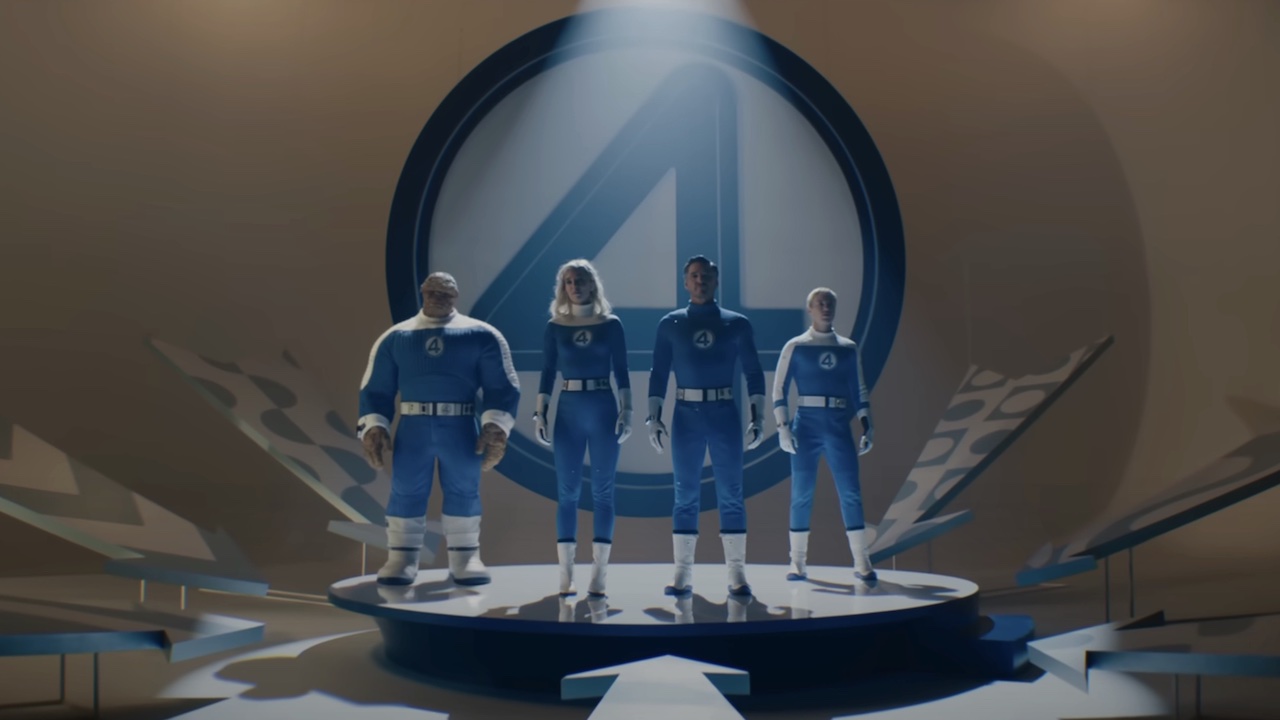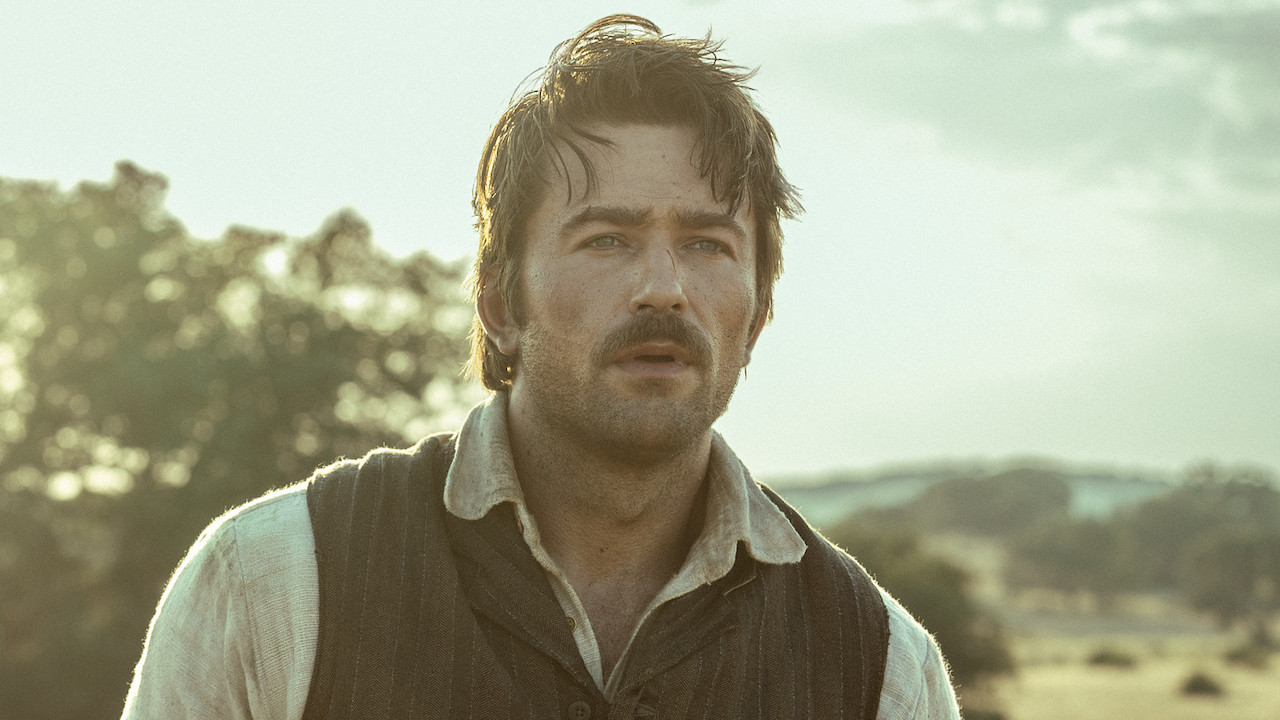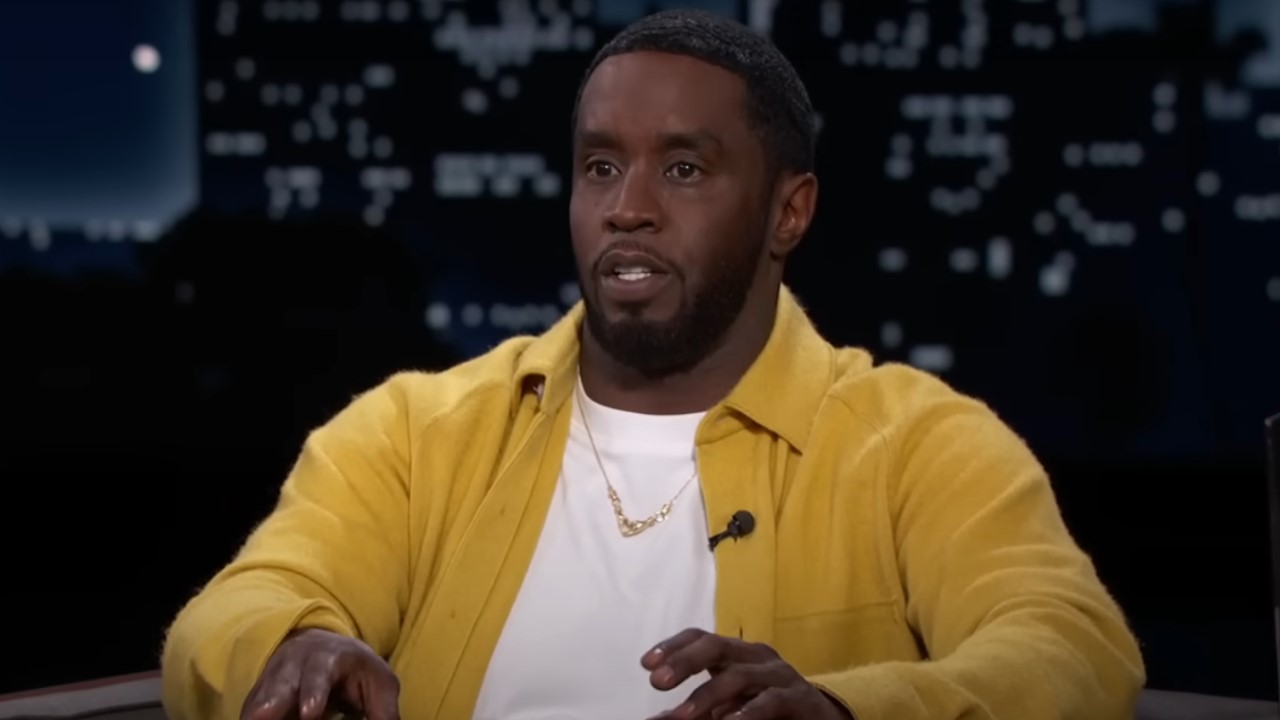The Lighthouse Ending Explained: What Happened At The End Of Robert Pattinson's Horror Comedy
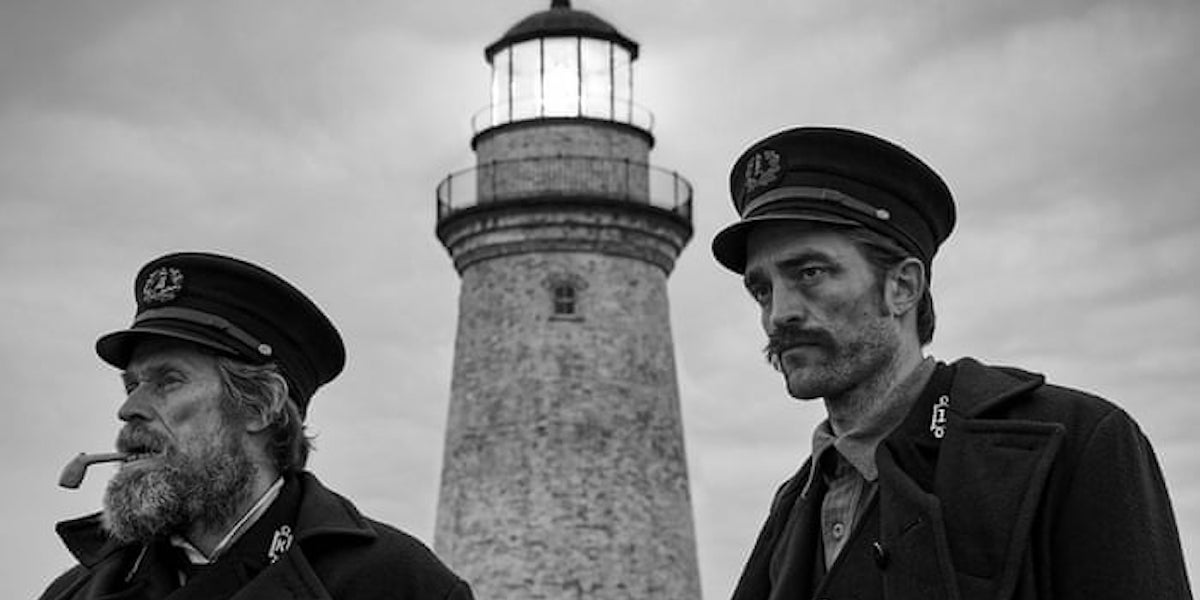
Massive SPOILERS ahead for The Lighthouse. Proceed with caution.
What. What? So yer looking for answers about Robert Eggers’ bonkers second film The Lighthouse. I mean of course you are. Has anyone made it through to the credits of the 2019 horror comedy without more questions than answers? The kind of mysticism The Lighthouse ending encompasses what writer/director Robert Eggers seems to do best. Though when it came to filmmaker’s debut film The Witch, we could settle for the ambiguity. The conclusion of Robert Pattinson and Willem DaFoe’s is frustrating – maddening. Let’s talk through it:
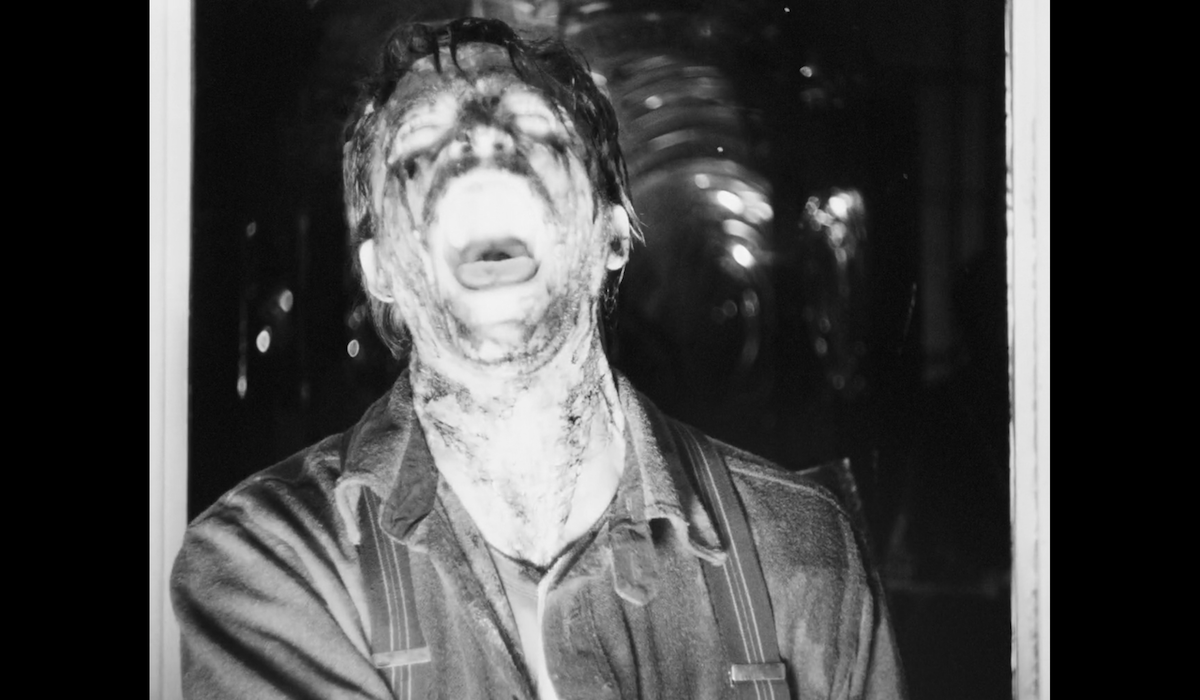
What Literally Happened At The End Of The Lighthouse
After spending an unknown amount of time together in the same lighthouse, the patience of Robert Pattinson's Ephraim with Willem Dafoe’s Thomas begins to slip away. He confronts his coworker about annoyances (that include his frequent farting) before finding Thomas’ log detailing complaints about Ephraim’s performance as his assistant. The pair end up in a violent squabble where Pattinson’s character sees a number of confusing images instead of Thomas as he beats him (a mermaid, an unknown mustachioed man – who may be the man he killed before coming to the lighthouse). Once Thomas is down, Ephraim commands him to “bark” like a dog. He then places a leash on him and walks him out of the house like a dog before burying him alive.
Thomas comes in after him, but Ephraim axes his head with a shovel, killing him for good. Ephraim then makes his way up to the top of the lighthouse Thomas never allowed him to see. We don’t gaze upon exactly what Ephraim sees once he reaches the top, but we see imagery of Pattinson's gaze deepen as he looks upon the lighthouse’s light source, reach out and touch something and scream profusely before falling down the staircase. The final scene features a bloody Pattinson being picked at the flesh by a swarm of seagulls or a seemingly deserted island.
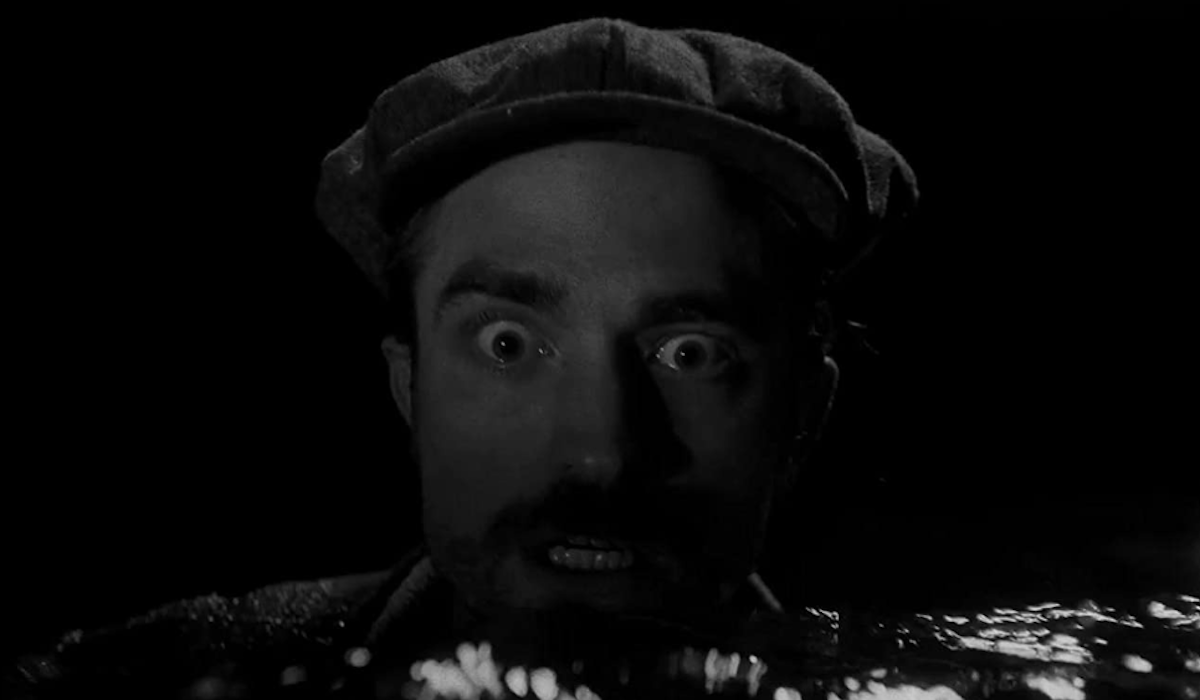
Theories About The Lighthouse Ending
What we see on screen at the end of The Lighthouse is straightforward and from a practical POV, the pair of lighthouse-keeps both went insane from their time together and end up dying as a result of pushing each other past their breaking points. But the movie also leaves audiences catching on to a profound quality about it that feels rooted in a much more complex message. If you’re curious to plunge deeper into the themes of The Lighthouse, let's discuss a few theories based on what the filmmaker and actors have discussed about the film:
Theory #1: The Lighthouse Is A Modern Retelling Of A Greek Myth
The first place one may draw from after seeing the lighthouse is through the subtle use of seafaring mythology that is embedded in the DNA of the flick. Co-writer/director Robert Eggers is known to really delve into researching his work and The Lighthouse is no exception. The filmmaker told Vox that “the idea of fable and myth” is at the “forefront” of his process with his partner/brother Max Eggers. The pair heavily looked into life in the maritime community in the 19th century and here’s where they landed with the story:
CINEMABLEND NEWSLETTER
Your Daily Blend of Entertainment News
As we’re doing all this work, we start to see a story take place. And then we’re saying, ‘Okay, what fairy tales or folktales or myths is this starting to line up with?’ Then we realized, ‘Well, Prometheus and Proteus never hung out in any Greek myths before, but that seems to be what is kind of happening here,’ and Prometheus might be taking on some characteristics that he hasn’t in the past. But you know what? The classical authors did that all the time.
With Prometheus and Proteus in mind, we can draw a conclusion that The Lighthouse may be seeking to use these mythical Greek characters to tell a story through a new lens. Prometheus is Titan who is remembered for being a trickster who would steal fire from the gods and give it to humanity. After his misdeeds, Zeus chained him to a rock and sent an eagle to eat his liver, which would grow back overnight for the same torture to resume the next day. And Proteus is the sea god. In The Lighthouse’s case, Willem Dafoe’s character would be the god and Pattinson holds the role of Prometheus. Once he steals the fire (energy source of the lighthouse), a similar fate to Prometheus befalls on him. The image is unmistakable:
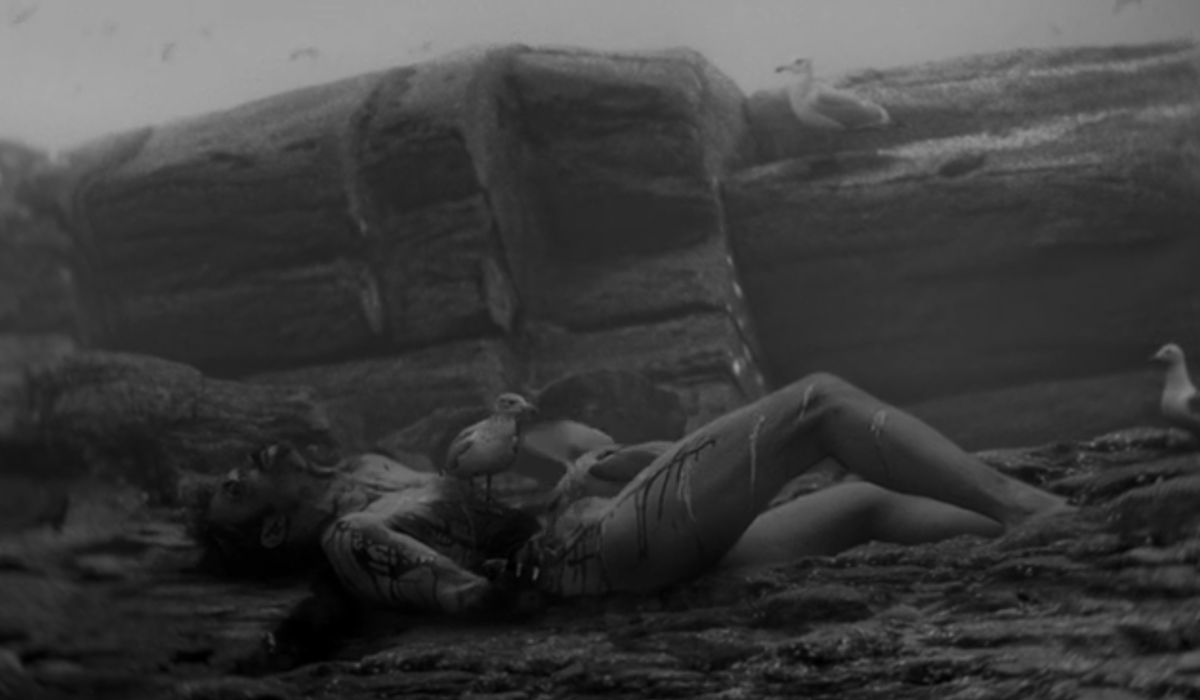
Theory #2: Thomas And Ephraim Are The Same Person
Delving further in the concepts of The Lighthouse, another theory is the two main characters in the film are supposed to represent two different sides of the same mind at odds with one another. The movie was inspired by an actual story that involved two lighthouse keepers who both had the same name. As revealed in the film, they are both named Thomas. As Robert Eggers said, the idea of the pair sharing the same name struck a chord with the writers and made them decide to make a film about “identity.”
Thinking of The Lighthouse in a more metaphorical sense, the two characters in the film could be representative of the push and pull between Freud’s Ego and Id in the brain. Thomas could fit into “id” due to his primitive and instinctive personality. That might explain why he ends up barking like a dog by the end of the film? Pattinson’s character would represent the “ego,” which is known as the part of the id that is modified directly by the influence of the external world. Ephraim literally is the only figure in The Lighthouse to come from the outside world and want to go back into it. By that reasoning as the story progresses, his id is killed off by his ego, which cannot live without the other.
Theory #3: It’s A Commentary On Man’s Complicated Desires
This final theory wrapping up the analysis of The Lighthouse theories goes hand in hand with the other ideas because they both touch on desire. Without mythology and psychoanalysis at play, the A24 movie is still an intriguing image of man’s complex desires and how giving into them out of anger or boredom does not end happily. The lighthouse itself could be seen as a symbol for desire. Ephraim is trying to reach it the entire movie and once he looks into it it does not give him what he wants. The lighthouse itself is an object of desire for seafarers to give them a sense of security. In the long run, a lighthouse cannot save you from the unforgiving sea though. So it's this empty desire.
The idea of desire is also explored in a sexual way in the Lighthouse. As Robert Pattinson put it to HuffPost, the lighthouse was described as “an erect penis” explicitly in the script. Throughout the film, Pattinson’s character can be seen as sexually frustrated as images of him and a mermaid together are often depicted and he and Willem Dafoe’s Thomas almost kiss during a drunken night where they dance. Pattinson supports this theory well with these words:
Isn’t it really a love story in a lot of ways, where they just don’t know what to do with each other? In so many ways, you’re thinking how much of the relationship is actually happening. How much of it is in [Ephraim’s] head? Willem’s character could just be a normal boss, but there’s some kind of sub/dom relationship or something where I’m exaggerating in my mind his dominance over me because I kind of want it in a strange kind of way. It always reads as a very sensual relationship. It wasn’t just about a boss and his worker. Also, he’s kind of mad, as well. I was pretty conscious of how I wanted the relationship to come across. In a lot of ways, he sort of wants a daddy.
During the conversation, Eggers described the relationship between Thomas and Ephraim as one that is neither supposed to be gay or “not” gay. Defoe felt the film portrays “toxic masculinity” more than anything. In his words:
Toxic masculinity! They’re pushing each other’s buttons out of fear and out of threat of who they are. And they’re both guilty. They have a sense of guilt, of wrong. There’s no moral judgment in this story. It’s just to watch these two guys struggling to find a way to survive themselves, really… It’s a simple story, but it’s got existential roots and identity things about masculinity and domination and submission. And for better and for worse. Then you see it flip-flop and it’s kind of cool.
So there’s a ton of ways to look at The Lighthouse being presented here and honestly one doesn’t necessarily check out more accurately than the other. It just depends on how you choose to see it.
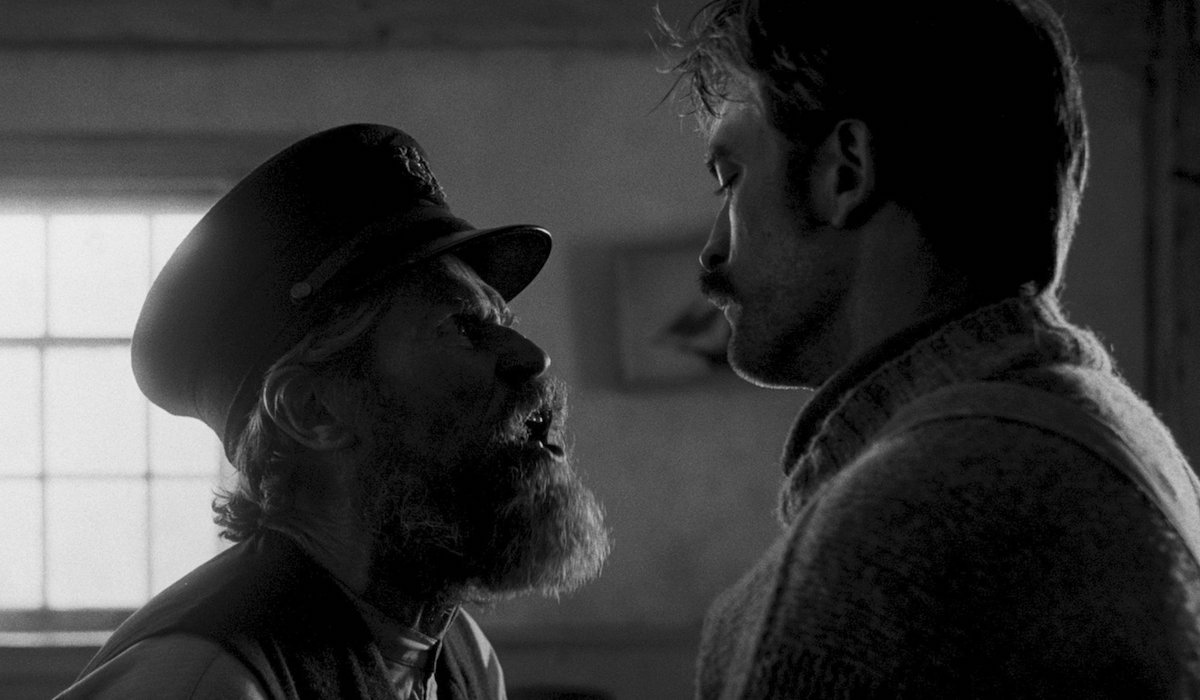
The Lighthouse Is ‘More About Questions Than Answers’
If you're still unsatisfied with the theories being presented by now, you’ve missed the point. The Lighthouse is supposed to be challenging. You should finish it and want to analyze every frame of it. The satisfaction is in the dissatisfaction and ambiguity of the movie. The ability for this movie to be able to potentially match up with a greek myth, explore psychology or examine masculinity is incredibly impressive. As Robert Eggers said himself to HuffPost: “I’m more about questions than answers in this movie.”
Which theory do you like the best in regards to The Lighthouse ending? Vote in our poll below and stay tuned here on CinemaBlend for more deep dives about movies. Check out CinemaBlend's interview with Robert Eggers on the ReelBlend podcast here.
This poll is no longer available.

Sarah El-Mahmoud has been with CinemaBlend since 2018 after graduating from Cal State Fullerton with a degree in Journalism. In college, she was the Managing Editor of the award-winning college paper, The Daily Titan, where she specialized in writing/editing long-form features, profiles and arts & entertainment coverage, including her first run-in with movie reporting, with a phone interview with Guillermo del Toro for Best Picture winner, The Shape of Water. Now she's into covering YA television and movies, and plenty of horror. Word webslinger. All her writing should be read in Sarah Connor’s Terminator 2 voice over.
